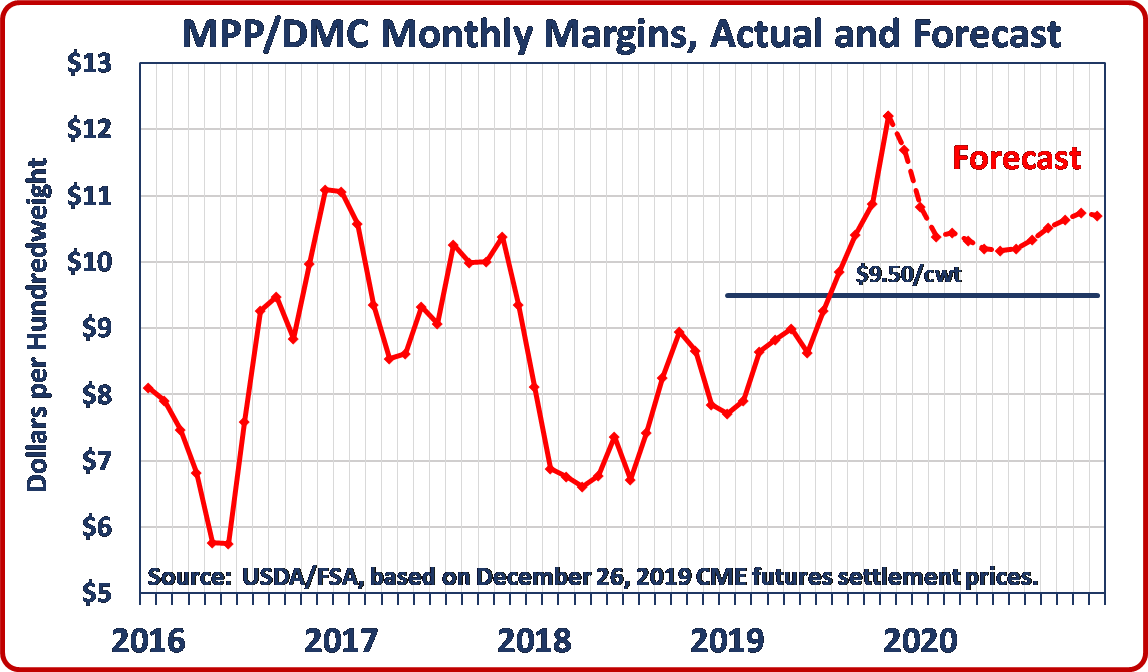ARLINGTON, VA. – NMPF is pleased that the Environmental Protection Agency (EPA) and the Department of the Army Corp of Engineers have released a new final Waters of the United States (WOTUS) rule. Today’s action puts an end to years of contentious rulemaking and will provide a common-sense approach to regulating waters of the U.S.
On Oct. 22, 2019, the EPA and the Department of the Army published a final rule to repeal the 2015 Clean Water Rule: Definition of “Waters of the United States” to restore regulatory text that existed prior to the 2015 Rule. That final rule became effective Dec. 23.
In the interim between repealing the 2015 Rule and introducing a new one, the agencies implemented pre-2015 Rule regulations, as informed by applicable agency guidance documents and consistent with Supreme Court decisions and longstanding agency practice. This action was a temporary fix as the agencies continued their work in crafting the WOTUS replacement issued today.
NMPF has engaged with EPA on this issue for years, in meetings and in numerous written comments, seeking improvements to the 1986 WOTUS rule, which lacked clarity for farmers. While NMPF will need to carefully review today’s new rule, we were pleased with the proposed rule and believe it will provide much-needed clarity and not infringe on the rights and responsibilities of state jurisdictions.






